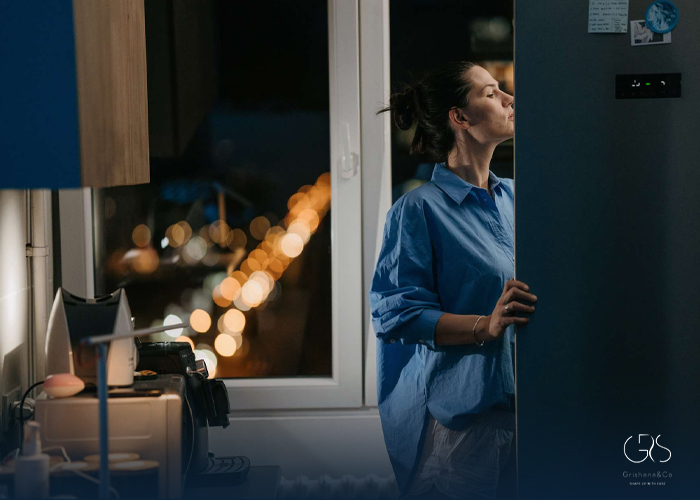For years, we’ve been told that eating after 8 PM is a cardinal sin when it comes to weight management and overall health. But is it really that bad to indulge in a late-night snack or meal? While there are downsides to eating after 8 PM, the issue is more complex than a simple time cutoff for consuming food. Here’s a comprehensive look at the topic, along with tips for choosing a nightly cutoff time for eating.
There Are Downsides of Eating After 8 PM
One of the primary concerns associated with eating late at night is the potential impact on weight management. Some studies suggest that consuming a large meal before bed can lead to weight gain due to the body’s reduced ability to metabolize and burn off the calories while sleeping. Additionally, late-night eating may disrupt sleep patterns and contribute to poor digestion, leading to discomfort and potentially impacting overall health.
Furthermore, certain types of foods commonly consumed late at night, such as sugary snacks or high-carbohydrate comfort foods, can have a detrimental effect on blood sugar levels and overall metabolic health.

So, Is It Really That Bad to Eat After 8?
While the downsides of eating late at night are concerning, there are also factors that may mitigate these effects. The impact of late-night eating can vary from person to person, depending on individual metabolic rates, activity levels, and overall diet quality. For some individuals, a small, balanced snack in the evening may not have a significant impact on weight or health, especially if it helps prevent excessive hunger or overeating the next day.
In fact, a study published in the British Journal of Nutrition found that the timing of meals, rather than the actual hour, appears to have a more significant impact. The research indicated that individuals who consumed a higher percentage of their daily calories later in the day had an increased risk of obesity and metabolic syndrome, regardless of when their final meal occurred.

How to Choose a Nightly Cutoff Time for Eating
When determining an appropriate cutoff time for eating in the evening, it’s essential to consider individual factors such as bedtime, personal schedule, and overall nutritional needs. In general, it’s advisable to aim for a 2-3 hour gap between your last meal or snack and bedtime, to allow for proper digestion and minimize the potential for disruptions to sleep.
Additionally, it’s crucial to prioritize the quality and composition of the evening meal or snack. Opting for nutrient-dense, whole foods and avoiding overly processed, high-sugar, or high-fat options is key to promoting optimal health and weight management.
Conclusion
While eating after 8 PM may have some downsides, it’s important to approach this topic with a balanced perspective. It’s crucial to consider individual needs, habits, and overall dietary patterns when making decisions about when to eat in the evening. Additionally, prioritizing nutrient-dense, balanced meals and snacks can help mitigate potential negative effects and promote overall health and wellness.
In conclusion, the issue of eating after 8 PM is nuanced, and a one-size-fits-all approach may not be appropriate. By considering diverse perspectives and individual factors, individuals can make informed choices regarding their nightly cutoff time for eating.
Sources
- National Library of Medicine, The Health Impact of Nighttime Eating: Old and New Perspectives
- harvard Health Publishing, Harvard study: Curb late-night eating to stave off weight gain










